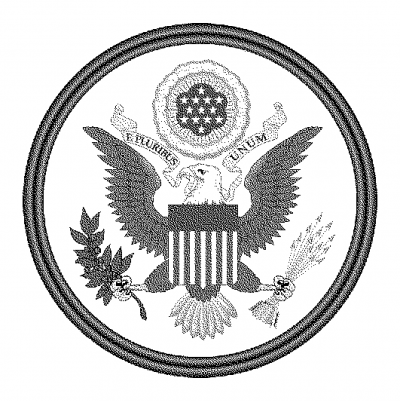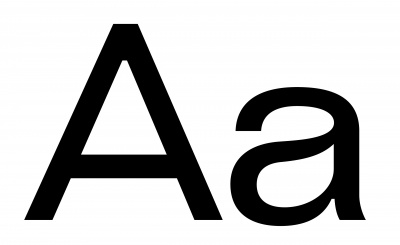WEB MAGNA CHARTA
Humanity connected by technology on the web is functioning in a dystopian way. We have online abuse, prejudice, bias, polarisation, fake news, there are lots of ways in which it is broken. This is a contract to make the web one which serves humanity, science, knowledge and democracy, says Berners-Lee.
Sir Timothy John Berners-Lee OM KBE FRS FREng FRSA FBCS (born 8 June 1955), also known as TimBL, is an English engineer and computer scientist, best known as the inventor of the World Wide Web. He is currently a professor of computer science at the University of Oxford and the Massachusetts Institute of Technology (MIT). He made a proposal for an information management system in March 1989, and he implemented the first successful communication between a Hypertext Transfer Protocol (HTTP) client and server via the internet in mid-November the same year.
Contract for the Web
Core Principles
The web was designed to bring people together and make knowledge freely available. Everyone has a role to play to ensure the web serves humanity. By committing to the following principles, governments, companies and citizens around the world can help protect the open web as a public good and a basic right for everyone.
Governments will …
Ensure everyone can connect to the internet so that anyone, no matter who they are or where they live, can participate actively online.
Keep all of the internet available, all of the time so that no one is denied their right to full internet access.
Respect people’s fundamental right to privacy so everyone can use the internet freely, safely and without fear.
Companies will …
Make the internet affordable and accessible to everyone so that no one is excluded from using and shaping the web.
Respect consumers’ privacy and personal data so people are in control of their lives online.
Develop technologies that support the best in humanity and challenge the worst so the web really is a public good that puts people first.
Citizens will …
Be creators and collaborators on the web so the web has rich and relevant content for everyone.
Build strong communities that respect civil discourse and human dignity so that everyone feels safe and welcome online.
Fight for the web so the web remains open and a global public resource for people everywhere, now and in the future.

